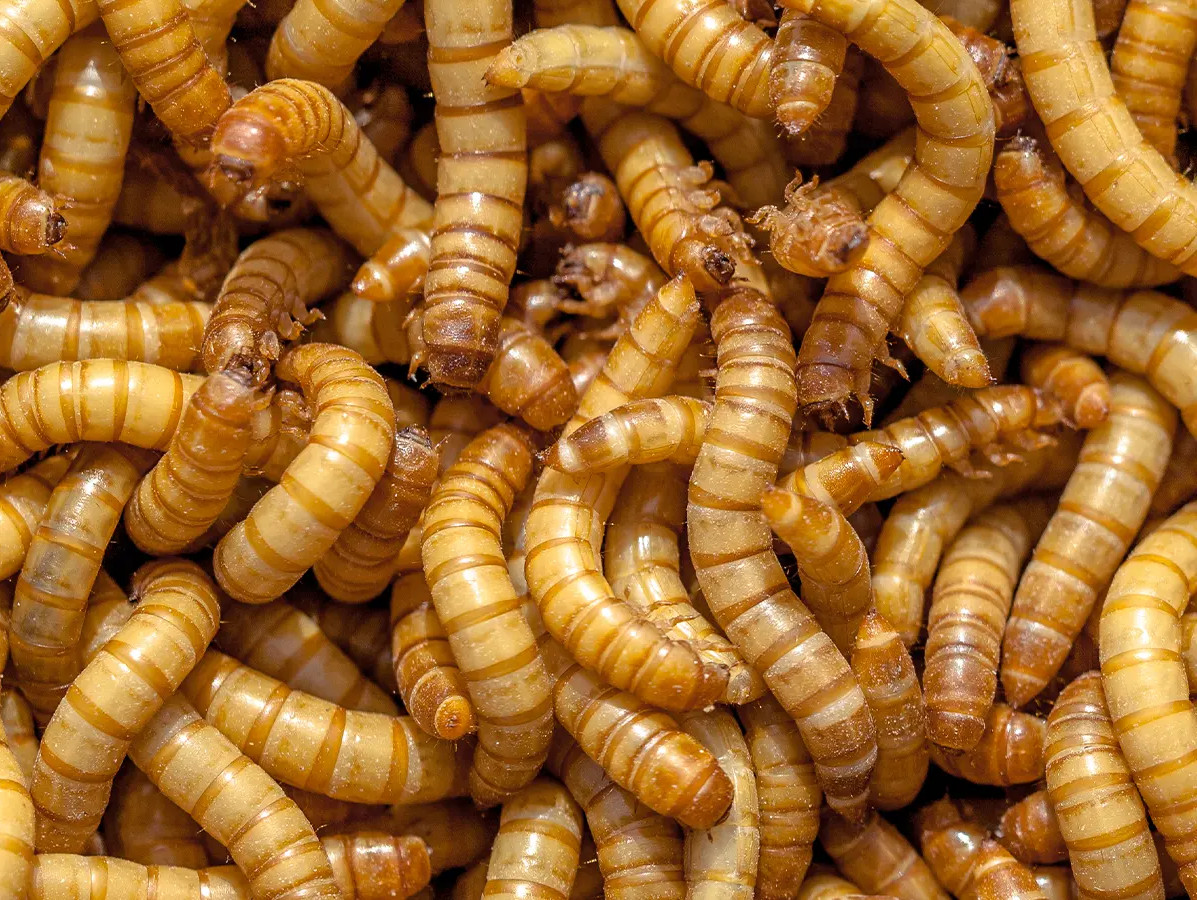
The Dutch insect sector has made great strides in professionalization, innovation, and sustainability over the past five years. This is evident from the results of the Sector Plan 2020–2024. With these developments, the Netherlands is strengthening its position as a global leader in sustainable food chains and the circular economy.
One of the most significant advancements is the use of circular substrates, such as food waste, and the broader application of insect by-products as soil enhancers. Regulatory progress has also been made. Thanks to collaboration between businesses, research institutions, and government bodies, insect proteins have been approved for use in pig and poultry feed since 2021.
The sector plan focused on key topics such as food safety, animal health, regulations, and market development. In recent years, knowledge sharing has been actively promoted, including through the establishment of the Network for Insect Knowledge. The sector’s trade organization has also been strengthened, contributing to further professionalization.
Research has played a crucial role in these developments. Programs such as Safe Insects, InsectFeed, and SUSINCHAIN have provided valuable insights into the safety and sustainability of insect-based products for both human consumption and animal feed. “With our research, we hope to contribute to a future where insects are safely and sustainably farmed on residual streams, such as former food products,” says Elise Hoek, researcher at Wageningen Food Safety Research.
According to Janmar Katoele, chairman of the trade organization Venik, the report marks an important milestone. “The results demonstrate the power of collaboration and innovation. This report is a recognition of the efforts of everyone involved and a foundation for further growth in the sector.”
The report highlights how the sector has evolved into a model for circular agriculture. Through sustainable processing technologies and scientifically backed food safety measures, the insect sector contributes to more sustainable food chains. This reinforces the Netherlands’ leading role in the circular economy.
Source: Network for Insect Knowledge